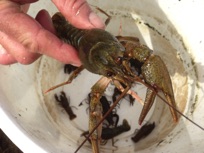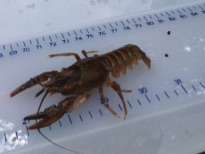
Our terrestrial section is focused primarily upon facilitating developer's objectives within the framework of the planning process. We achieve this through sound advice and timely intervention on ecological and environmental matters, covering all aspects of terrestrial ecology, providing both ecological services and surveys. Through our involvement in projects and our input, we aim to ensure developers comply and conform with environmental planning and ecological requirements, whilst providing a net gain for the environment through innovative solutions and suitable mitigation measures. We undertake terrestrial surveys within the river corridor environment. Surveys range from water voles, badgers, and otters and bats to terrestrial invertebrates through to crayfish. We are NE licensed crayfish surveyors. We provide suitable survey and reporting services to those who's work may impact upon this habitat.
Our licensed crayfish surveyors ensure that native crayfish presence is identified and protected or mitigated prior to any works taking place. We provide control of non native crayfish and help contain spread of non natives through first class bio control practices and sound advice.
Otter surveys are routinely carried out for both fishery and conservation purposes. We advise fishery owners seeking to protect fish stocks, providing guidance and practical solutions such as otter proof fencing. Civil engineering works seeking to reduce their impact upon wildlife from their activities rely upon our advice and guidance to ensure adequate protection for the environment and compliance with legislation whilst creating net benefits to wildlife. We provide survey services for otter and provide advice and guidance for developers seeking to minimise their impact and ensure they enhance habitats.
Water vole surveys are required where river restoration is to be undertaken. In these circumstances, we recommend preliminary surveys to establish presence/ absence on the site, with more comprehensive surveys required if they are present including possible marking of water vole areas, grazing lawns, burrows etc, in order to prevent or reduce impact upon them. In some circumstances sections of the riverbank are left out of the restoration project to avoid impact, or the water vole are translocated to a section where they will remain unaffected by the works.
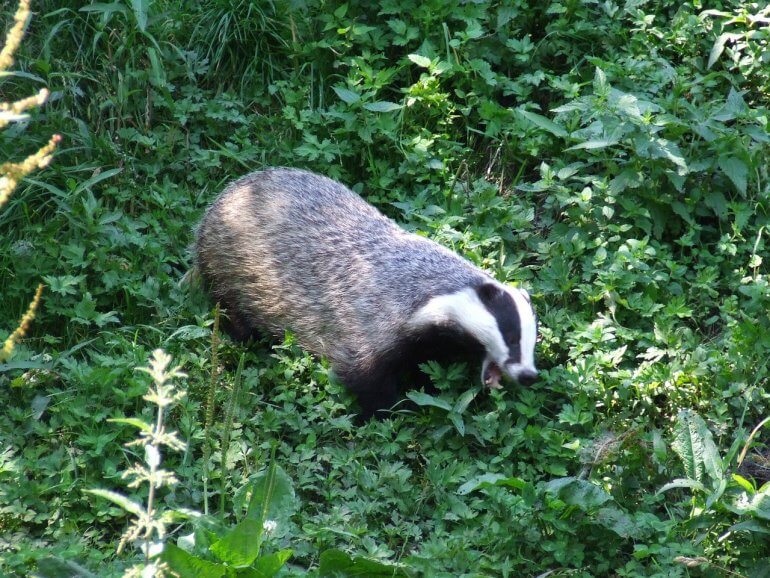

Our bat ecologists will identify species and populations present and our associate bat ecologists can provide further enhanced survey techniques, all which protect bats their habitats and the developers project. We build in enhancement to our program proposals.
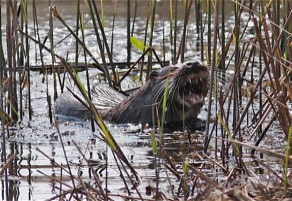

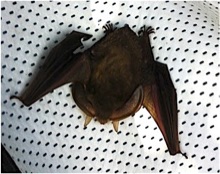
Our staff are fully trained in biosecurity and non native species control, all also having completed the Invasive Non Native Species Secretariat modules.
